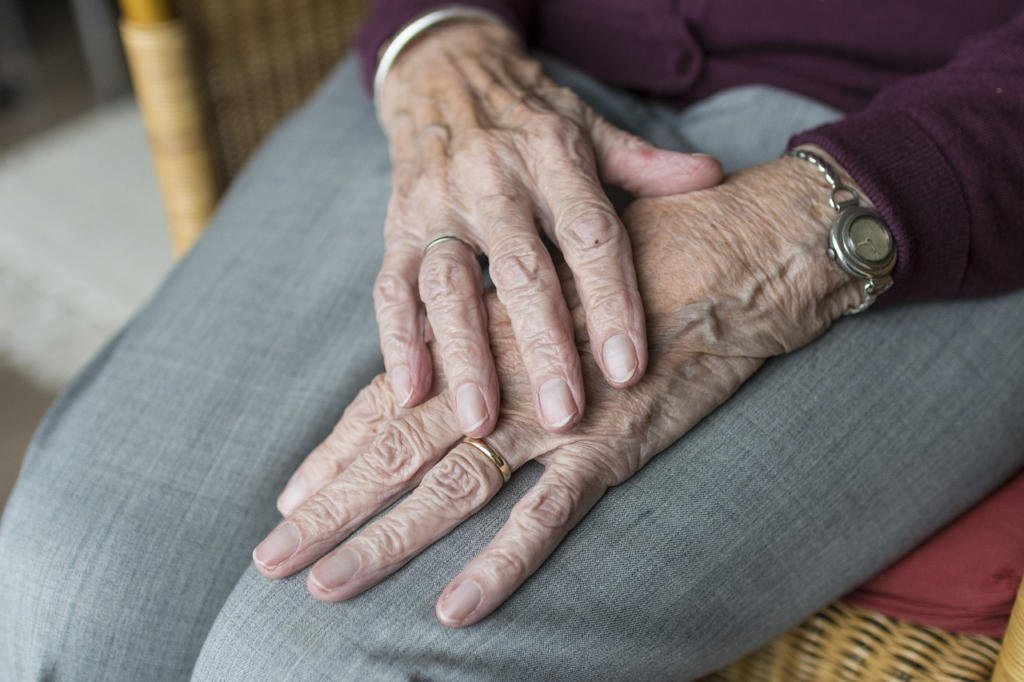
When a loved one is diagnosed with Alzheimer’s, it’s easy to feel like the world is coming to an end–and in some ways–it is. A lot is about to change, even more if you have decided to provide care for your friend or family member in your own home. Being a caregiver is a challenging, but rewarding responsibility. It comes with a lot of stress, but also a lot of joy.
Here are a few answers to four of the most common, and most important, questions you’re asking if you’re about to become a caregiver for a loved one with dementia.
How can I keep my loved one safe?
A safe home not only provides a sense of calm for you, the caregiver, but also creates a peaceful environment for the person with dementia. As the Alzheimer’s progresses it might prevent someone from being able to recognize and understand potential hazards. To make your home safe and secure, you’ll want to:
- Lock up medications, chemicals and weapons. Lock doors to rooms that you do not want your loved one venturing into alone.
- Reduce clutter and keep living areas organized to reduce the risk of tripping or falling.
- Label rooms and items that the person with dementia will want to use to help them remember location and purpose.
How can I help my loved one be independent?
While Alzheimer’s is degenerative, meaning it can get worse over time, you can slow down the disease’s advancement by keeping your loved one mentally stimulated and empowering their independence. One way to help them help themselves more often is to simplify the home by removing excess choices that make decision-making more challenging. For example, help them keep their clothes in their closet organized by color or style or use. Label foods so they can make their own snack choices when they are hungry. You can also help maintain independence by establishing and sticking to a routine, playing games with simple rules and going out on brief, low-key outings.
How can I help keep my home stress-free?
It’s important that your house is stress-free for both you and your loved one, along with anyone else living in the home. First, remove anything that might confuse, anger or depress the person with dementia. Second, you’ll want to address areas with inadequate lighting, especially in the bathroom or kitchen, where slips and falls are more common. Avoid busy patterns in wallpaper, furniture or decor, which might confuse or agitate them. Consider creating a relaxation room or area where anyone can go to decompress and unwind. Set up comfortable chairs near books or music, hang calming images on walls painted with soft, soothing colors and maybe include an area for meditation, yoga or stretching.
How can I cover all the costs associated with care?
The cost of being a caregiver, from basic home care costs to transitional care services, can quickly add up. However, the good news is that there are many grants that caregivers can apply for to help pay for home modifications, hiring in-home help and purchasing medically-necessary equipment. There are hundreds of resources out there that offer financial help for many disabilities, including caregiving for a loved one with dementia. Some you might want to look into include:
Alzheimer’s, the most common form of dementia, comes with memory loss and behavioral changes, and can get worse over time. One of the most important ways to make this time more manageable, for you and your loved one, is to prepare your home for this new, and sometimes unpredictable, situation.
Lydia Chan is the co-creator of Alzheimerscaregiver.net, which provides tips and resources to help caregivers.




